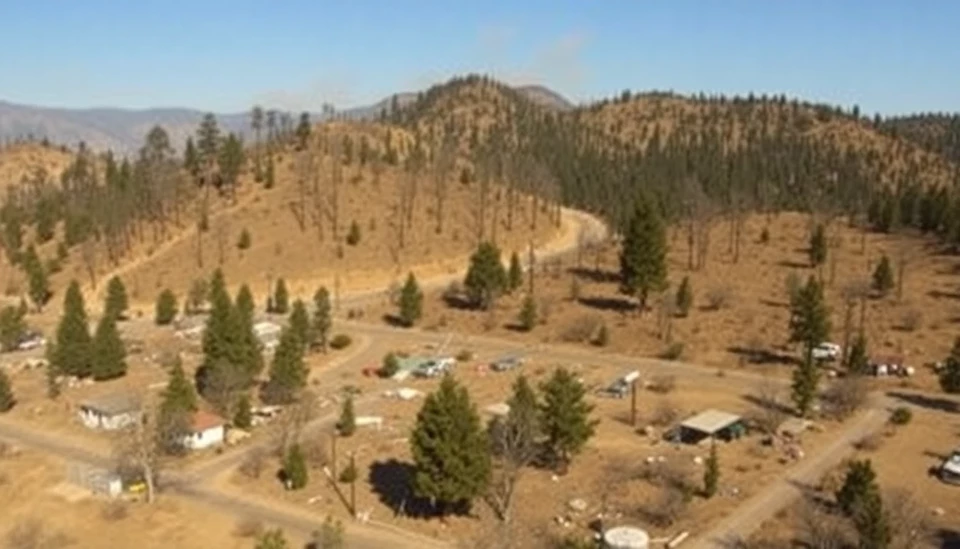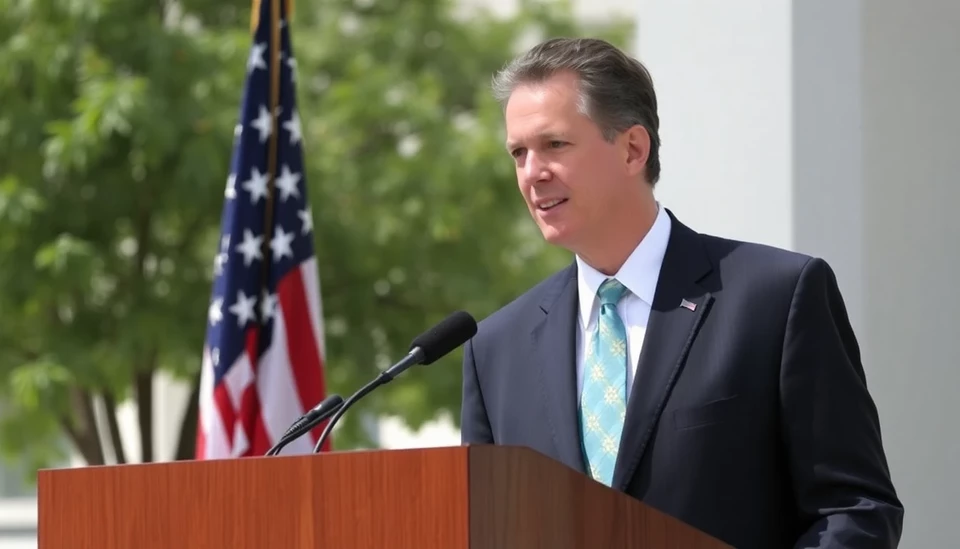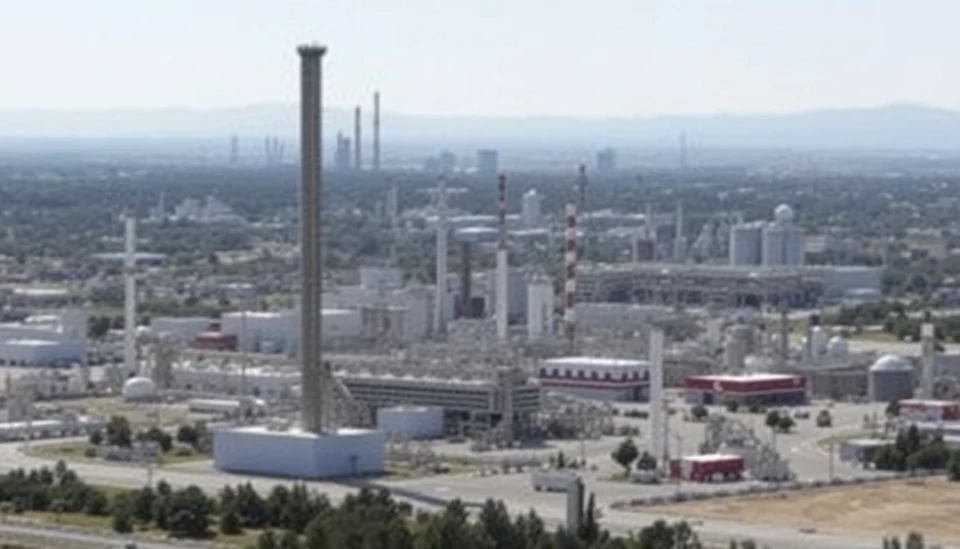
California is currently grappling with an insurance crisis, spurred by the extensive damage wrought by wildfires over recent years. A recent analysis underscores that insurance companies are significantly tightening their policies, impacting homeowners and businesses across the state. Many residents are experiencing skyrocketing premiums or, in some cases, unable to secure coverage altogether due to the heightened risks. This drastic shift reflects a long-standing challenge; as climate change exacerbates the frequency and intensity of wildfires, the insurance landscape is forced to adapt—often at the expense of policyholders.
The recent wave of fires has compelled insurance firms to reevaluate their risk assessments. Fires in regions such as Southern California have led to billions in claims, which, in turn, has triggered a tightening of insurance markets. For instance, major insurers have either pulled out of specific areas or significantly reduced coverage limits, leaving many homeowners in precarious situations. The knock-on effect is palpable; as the availability of affordable insurance wanes, homeowners are left vulnerable, with some being compelled to contemplate self-insuring or exploring alternative solutions.
California’s insurance regulators are now confronted with mounting pressure to address this crisis. New proposals are looking to provide assistance to those struggling to secure coverage, including potential state-sponsored insurance programs. However, these solutions are met with skepticism. Critics argue that without addressing the underlying issues related to climate change, temporary fixes won't suffice.
The long-term ramifications could reshape California's housing market. Should insurance continue to tighten, it may not only deter new homebuyers from entering the market but could also lead to decreased property values in wildfire-prone areas. Moreover, an inability to secure adequate insurance coverage raises concerns about financial stability for many residents, potentially pushing them into troubling financial situations.
The crisis has also drawn attention from policymakers, who are examining measures to incentivize better risk management practices, such as mandated fire-safe construction standards and improved forest management strategies. However, experts warn that these measures alone won't completely alleviate the insurance crisis. A comprehensive approach that includes both immediate solutions and long-term strategies tailored to the shifting climate landscape is essential.
Amidst the chaos, advocacy groups have emerged, rallying for policy changes that would protect residents from extreme price hikes and access issues. They emphasize the need for a coordinated strategy that encompasses emergency response, urban planning, and climate resilience to ensure that California does not repeat the mistakes of the past. The road ahead appears rocky, but there is an emerging consensus that urgent action is needed to mitigate the impacts of climate-related disasters, especially concerning the troubling trajectory of the state's insurance framework.
The ongoing insurance crisis post-wildfires is a stark reminder of California's vulnerabilities. As communities rebuild and recover, the insurance landscape will undoubtedly play a crucial role in shaping their resilience against future disasters.
#California #InsuranceCrisis #Wildfires #ClimateChange #Homeowners #PolicyChanges #DisasterRecovery
Author: Peter Collins




